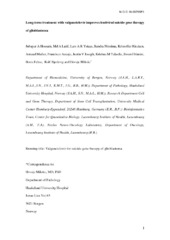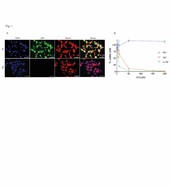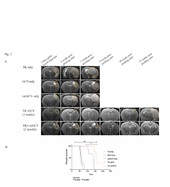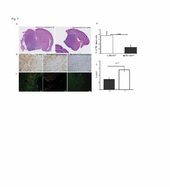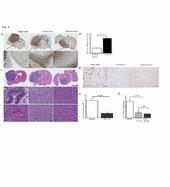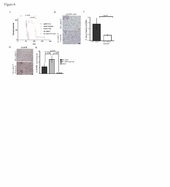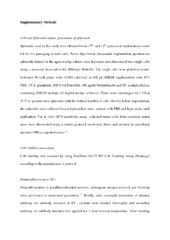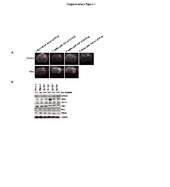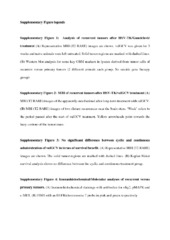| dc.contributor.author | Hossain, Jubayer | en_US |
| dc.contributor.author | Latif, Md Abdul | en_US |
| dc.contributor.author | Ystaas, Lars Andreas Rømo | en_US |
| dc.contributor.author | Ninzima, Sandra | en_US |
| dc.contributor.author | Riecken, Kristoffer | en_US |
| dc.contributor.author | Muller, Arnaud | en_US |
| dc.contributor.author | Azuaje, Fransisco | en_US |
| dc.contributor.author | Vareecal Joseph, Justin | en_US |
| dc.contributor.author | Talasila, Krishna Mukharji | en_US |
| dc.contributor.author | Ghimire, Jiwan | en_US |
| dc.contributor.author | Fehse, Boris | en_US |
| dc.contributor.author | Bjerkvig, Rolf | en_US |
| dc.contributor.author | Miletic, Hrvoje | en_US |
| dc.date.accessioned | 2020-05-28T11:36:05Z | |
| dc.date.available | 2020-05-28T11:36:05Z | |
| dc.date.issued | 2019 | |
| dc.Published | Hossain J, Latif MA, Ystaas LAR, Ninzima S, Riecken K, Muller A, Azuaje F, Vareecal Joseph J, Talasila KM, Ghimire J, Fehse B, Bjerkvig R, Miletic H. Long-term treatment with valganciclovir improves lentiviral suicide gene therapy of glioblastoma. Neuro-Oncology. 2019;21(7):890-900 | eng |
| dc.identifier.issn | 1522-8517 | |
| dc.identifier.issn | 1523-5866 | |
| dc.identifier.uri | https://hdl.handle.net/1956/22396 | |
| dc.description.abstract | Background: Suicide gene therapy for malignant gliomas has shown encouraging results in the latest clinical trials. However, prodrug application was most often restricted to short-term treatment (14 days), especially when replication-defective vectors were used. We previously showed that a substantial fraction of herpes simplex virus thymidine kinase (HSV-TK) transduced tumor cells survive ganciclovir (GCV) treatment in an orthotopic glioblastoma (GBM) xenograft model. Here we analyzed whether these TK+ tumor cells are still sensitive to prodrug treatment and whether prolonged prodrug treatment can enhance treatment efficacy. Methods: Glioma cells positive for TK and green fluorescent protein (GFP) were sorted from xenograft tumors recurring after suicide gene therapy, and their sensitivity to GCV was tested in vitro. GBM xenografts were treated with HSV-TK/GCV, HSV-TK/valganciclovir (valGCV), or HSV-TK/valGCV + erlotinib. Tumor growth was analyzed by MRI, and survival as well as morphological and molecular changes were assessed. Results: TK-GFP+ tumor cells from recurrent xenograft tumors retained sensitivity to GCV in vitro. Importantly, a prolonged period (3 mo) of prodrug administration with valganciclovir (valGCV) resulted in a significant survival advantage compared with short-term (3 wk) application of GCV. Recurrent tumors from the treatment groups were more invasive and less angiogenic compared with primary tumors and showed significant upregulation of epidermal growth factor receptor (EGFR) expression. However, double treatment with the EGFR inhibitor erlotinib did not increase therapeutic efficacy. Conclusion: Long-term treatment with valGCV should be considered as a replacement for short-term treatment with GCV in clinical trials of HSV-TK mediated suicide gene therapy. | en_US |
| dc.language.iso | eng | eng |
| dc.publisher | Oxford University Press | eng |
| dc.title | Long-term treatment with valganciclovir improves lentiviral suicide gene therapy of glioblastoma | en_US |
| dc.type | Peer reviewed | |
| dc.type | Journal article | |
| dc.date.updated | 2020-01-16T07:01:29Z | |
| dc.description.version | acceptedVersion | en_US |
| dc.rights.holder | Copyright 2019 The Author(s). All rights reserved | |
| dc.identifier.doi | https://doi.org/10.1093/neuonc/noz060 | |
| dc.identifier.cristin | 1743548 | |
| dc.source.journal | Neuro-Oncology | |
